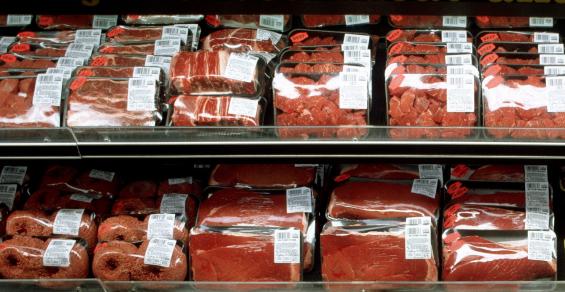Settlement still subject to court approval and other beef packers involved have not reached a similar agreement.
JBS announced that it has entered into an agreement to partially settle the In re Beef Antitrust Litigation. The settlement, which is subject to court approval, agrees to pay the direct purchaser plaintiff class $52.5 million, according to a JBS company spokesperson. The nation’s four largest beef packers – Tyson, Cargill, JBS and National Beef – were included in an antitrust lawsuit filed in June 2020 for potential cattle market manipulation in a class action lawsuit filed in the U.S. District Court of Minnesota by Central Grocers.
“While JBS does not admit liability for the claims alleged as part of this case, it believes this decision is in the best interest of the company. JBS will continue to vigorously defend its interests against the other classes,” the JBS spokesperson adds.
The class action lawsuit claimed that the beef processing companies “engaged in tactics including purchasing fewer cattle than a competitive market would otherwise demand and running their processing plants at less than available capacity.” The class action lawsuit added that these practices created surpluses in the cattle market and shortages in the wholesale beef market, which in turn, drove down the prices the companies paid for cattle and boosted the prices they could command for beef.
The lawsuit claimed that the defendants conspired by routinely exchanging supply, pricing and other sensitive information. This also included routinely selling beef to each other and frequent meetings between each other’s executives and key employees.
“Starting in 2015, wholesale beef prices showed unusual trends. The per-pound price of cattle had historically stayed within 20 to 40 cents of the per-pound average wholesale price of beef,” the original court document stated.
According to USDA Economic Research Service data, the average spread between the average farm value of cattle and wholesale value of beef was substantially higher from January 2015 to the present than it was in the preceding five years. From 2010 through 2014, the average farm-to-wholesale spread was about $34, but from 2015 through 2018 it was about $54, a 59% increase, the court filing stated.
The class action details that the “conspiracy” allowed the companies to enlarge their operating margins throughout the period. By the end of 2018, Tyson and JBS were reporting record margins in their beef business. Tyson reported an operating margin of nearly 7%, almost double its 2014 operating margin. JBS reported a higher beef business of 10.2%.
In May 2020, the Department of Justice’s Antitrust Division appeared to open an investigation into the four big meat processors; however, despite calls from those on Congress and the industry, nothing has been revealed on this manner.




